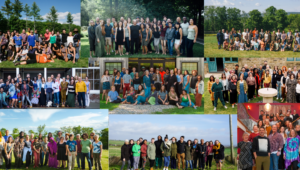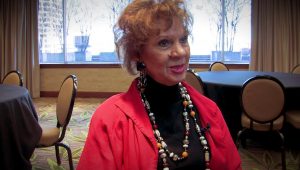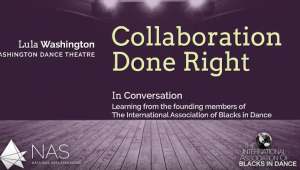I’ve been noticing a trend that many of my friends and colleagues will, after having children, attend church or participate other memberships and meetings so their developing family has a sense of “community”. It often makes me reflect on this seemingly basic desire that we have for belonging, and perhaps even accountability to each other. But it also issues a challenge to think about what that term means, what are the parameters of what makes a community, and what it serves to fulfill, or how it might set a foundation for living.
In his book Together: The Rituals, Pleasures, and Politics of Co-operation, sociologist Richard Sennett explores the challenges rooted in how we live and work in society, most notably, with people who differ. It suggests that on its face, a simple community can be easy, but the cooperation that is required to keep it moving forward can be hard.
“What, then, does the vocation of community entail?” he asks. “Put aside the romantic overtones of fulfilling one’s destiny in a vocation; the issue then becomes how one might develop a sense of inner purpose by communal cooperation.” And although “community cannot fill up the whole of a life, it promises pleasures of a serious sort.”
This work in particular has been influential for me in looking at community as a forum in which people are cooperating to actively define, make, and remake their culture through shared ritual, which can be rooted beyond traditional forms of faith. It is a negotiation of values and interests that require their own unique form of belief, some shared and others at odds, where healthy tension can foster growth and progress.
Perhaps that work can expand to reflect that our actions, decisions, and intentions can make a lasting impression or impact on another person’s life and how they live it. In this, the community can be many things. In its ideal manifestations – a launchpad for exploration, safety to ask questions, support for your shared endeavors and vision. But possibly in its worst incarnations – reactionary, exclusionary, censoring, tyrannical. In this sense, a community can function not only as a network of support and resources for likeminded individuals, but also a site for work among neighborhoods, cities, and more. The kind of labor that is at times easy and joyful, but largely, difficult, complicated, and without end. This belonging, this membership, can be a sturdy and reliable home but also a work in progress. A practice of commitment, to others and to yourself.


